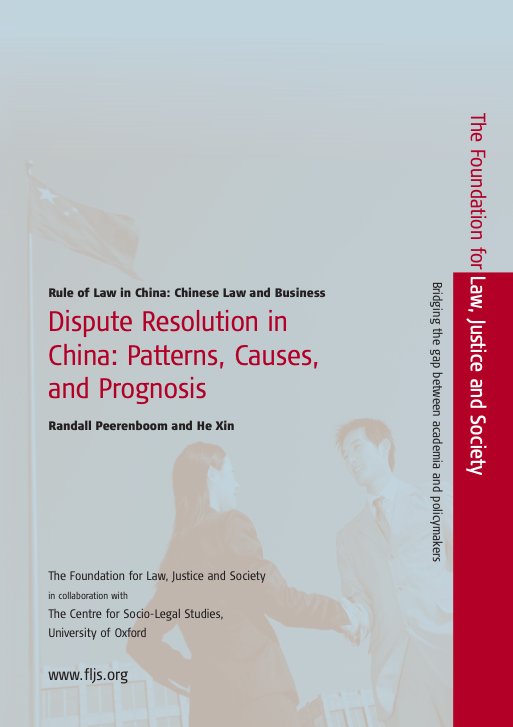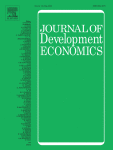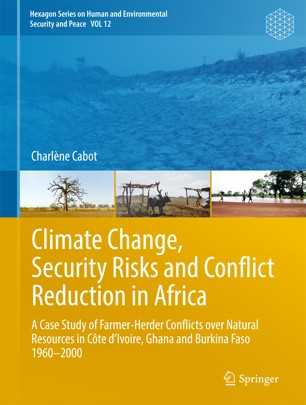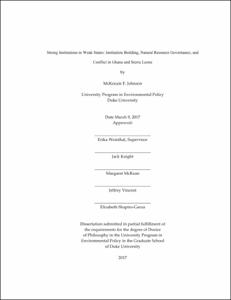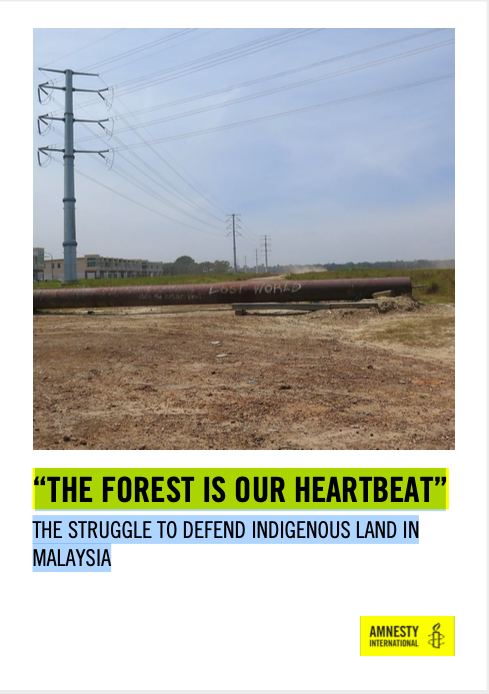Land Conflict Resolution Approach by RELAPU
Land in Uganda is a delicate resource that has caused many conflicts over the past years. About 80% of pending court cases in the country relate to land today. Looking at the country’s violent history, a rising population and increasing impact of climate change on agriculture productivity, land rights in Uganda are contested to this day. Land conflicts are either within communities, family structures or between individuals and external players such as investors.

